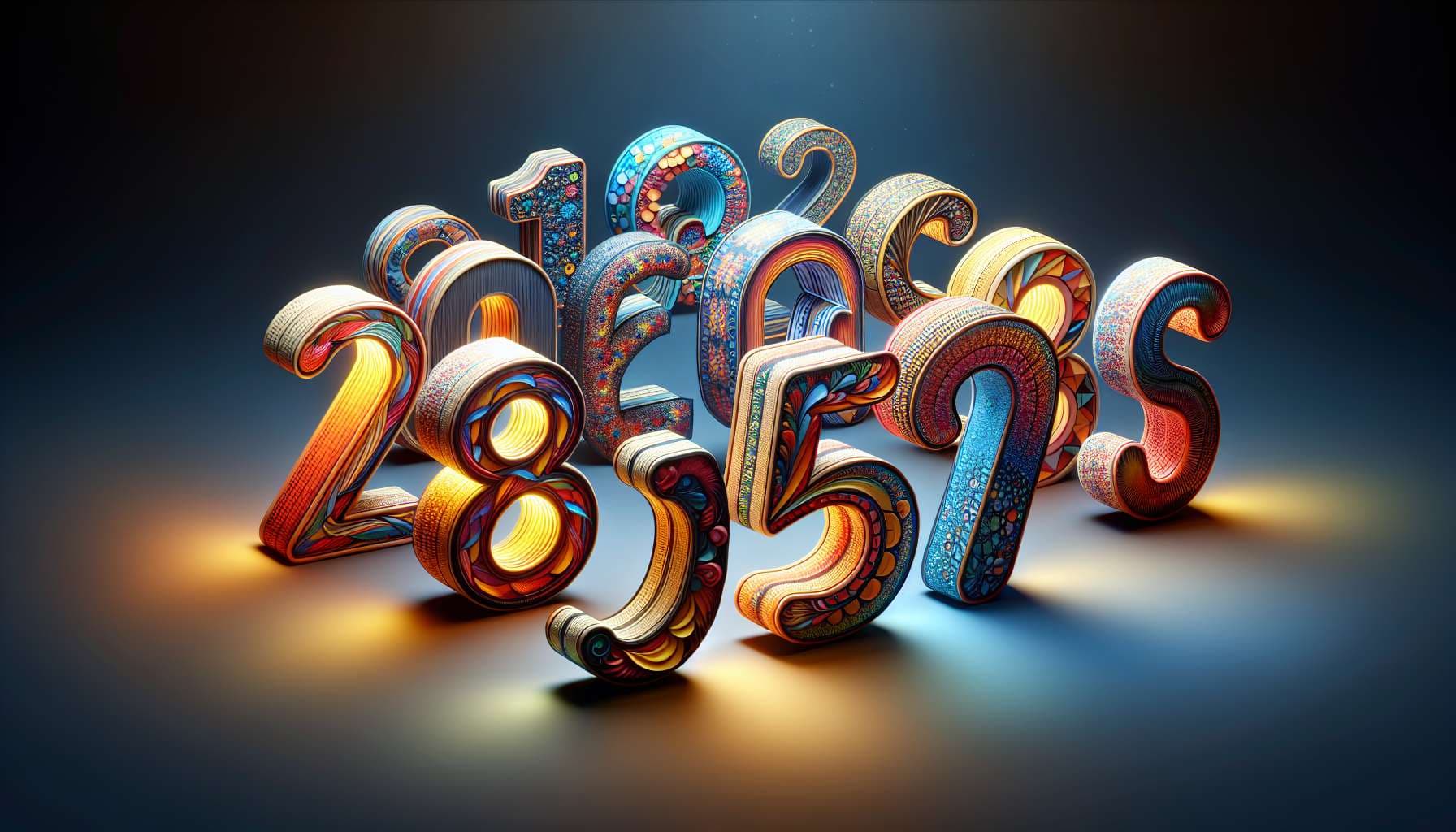
🏅 Top traders
| # | Trader | Total profit |
|---|---|---|
| 1 | Ṁ63 | |
| 2 | Ṁ27 |
People are also trading
While 14+9 = 23, |23i| > |14+9i| for the tie breaker (-98i is what I consider the smallest)
Do I understand correctly that your size function is required to be single valued, so you use competing definitions of size as tie-breakers? First sum of components, then magnitude, then real component cardinality? Why use this complicated system rather than choosing one and allowing same size numbers?
If biggest = cardinality, then 4i+19
If biggest = magnitude, then -98i
If you count infinity as a real number rather than an undefined limit, then 1/0
@TheAllMemeingEye I think what they mean is that if 1/0 = thing, then thing * 0 = 1, so multiplication with zero would cease to make sense. Additionally, it would lead to the conclusion that infinity = - infinity
In any case, even if you count infinity as some number you can do math with, I don't think 1/0 is the answer because the limit of 1/0 would depend on how you approach 0
I haven't studied the academic arguments for and against infinity, but my layman intuition is that
1/0 = ± infinity
+infinity*0 = 1
1*0 = 0
+infinity != -infinity
cardinality(+infinity) >> cardinality(4i+19)
magnitude(+infinity) >> magnitude(-98i)
Zero has a special property in multiplication: X × 0 = 0 for all X. ("Anything times zero is zero.") This is related to how multiplication relates to addition: if you add together zero copies of a number, we expect the result to be zero.
Division and multiplication are inverses: if A = B ÷ C, then C × B = A. ("If you divide A by B, then multiply the result by B, you get the original A back.") This is how division is normally defined.
If 1 ÷ 0 = ∞, then the inverse rule means ∞ × 0 = 1. But this contradicts the zero rule.
So if you allow 1 ÷ 0 = ∞ then you either have to give up the zero rule or the inverse rule. Either division is no longer the inverse of multiplication (weird choice) or multiplication no longer relates to addition in the obvious way (also a weird choice).
@KarlK Even if you reject ∀x, x * 0 = 0, accepting the inverse rule still leads to absurdity, right?
Assuming that we're treating infinity as a number and can apply standard arithmetic operations to it, all the dividing by zero 1 = 2 proofs suddenly work, for instance. Additionally, if 1/0 = both + and - infinity, then 2 infinity = 0 assuming you allow addition and subtraction for that number
@TheAllMemeingEye Could you specify what following rules you would like? Based on what I've interpreted, if we treat infinity as a number
1) if we apply the reflexive property, or a = a, to infinity and say that infinity = infinity
2) if we apply a = b, b = c => a = c
3) if a/b = c, cb = a must be true
You could conjure up something really simple like
1) 1 / 0 = infinity, so 0 × infinity = 1
2) 1 / (0.5 × 0) = 1 / 0 = infinity
3) 1 / 0 = 1 / (0.5 × 0)
4) 1 / (0.5 × 0) = 1/0.5 × 1/0
5) 1/0.5 × 1/0 = 1/0
6) 2 = 1
Or actually actually last response this time, I suppose you could simply define 0 as 1/infinity and only 1/infinity, not 2/infinity, not -4/infinity, ...
But you'd have to acknowledge the property that two non-zero numbers which have the same sign can add to 0, and two nonzero things can multiply to zero